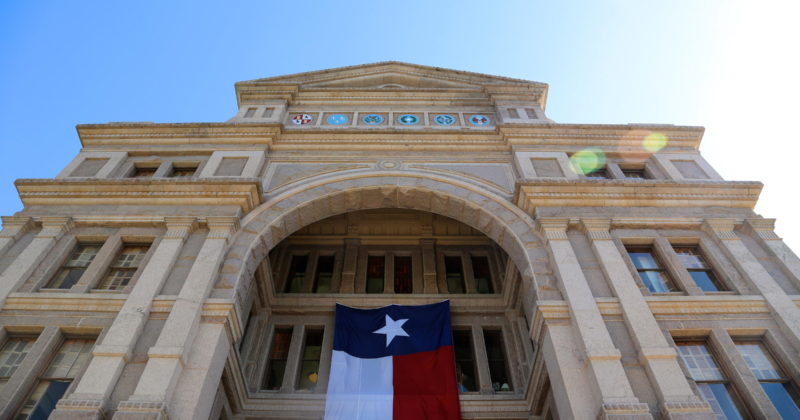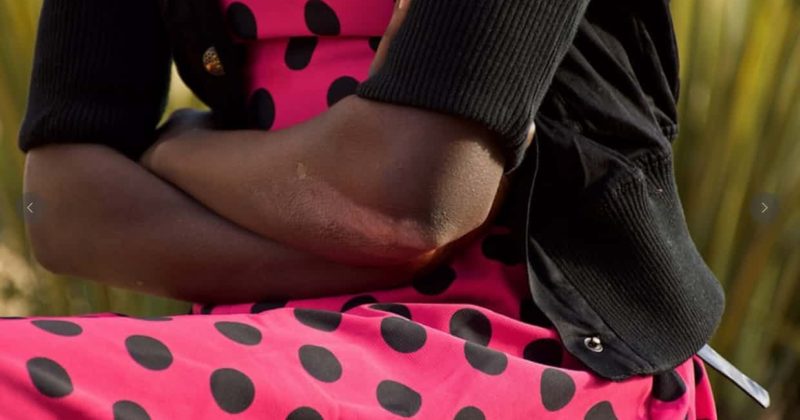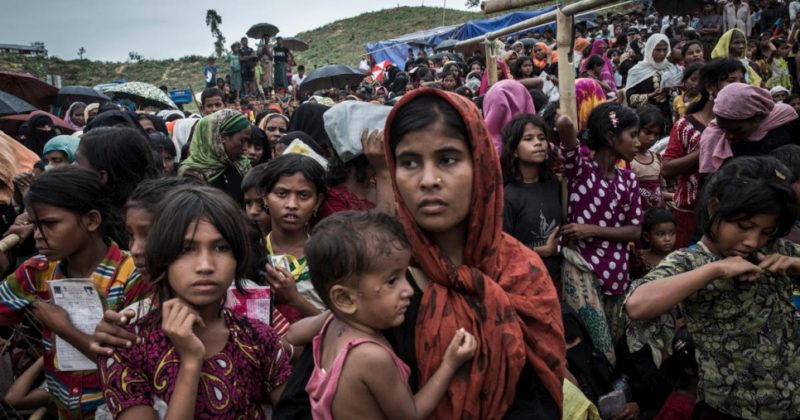
South Korean activists call to abolish abortion ban
Earlier this month, activists rallied and marched in Seoul to demand an end to the laws that criminalized abortion in South Korea. Though the official crowd estimate was 1,500, organizers believe that over 5,000 people participated in the demonstration. Speakers included physicians, clergy, and young women who shared testimonies about their experiences struggling to end unwanted pregnancies or access reproductive information. South Korea's current law, originally passed in 1953, makes receiving abortion punishable by up to one year in prison or a fine of up to 2 million won (about $1,770). Physicians who perform the procedure could face even harsher punishments, serving up to two years in prison or losing their right to practice medicine. Since 1973, another law has allowed for abortion up to 24 weeks of gestation in certain exceptional circumstances, including rape, incest, genetic impairment of the fetus, and endangerment of the health of the women. In addition, women must obtain their husband's consent in order to undergo the...









